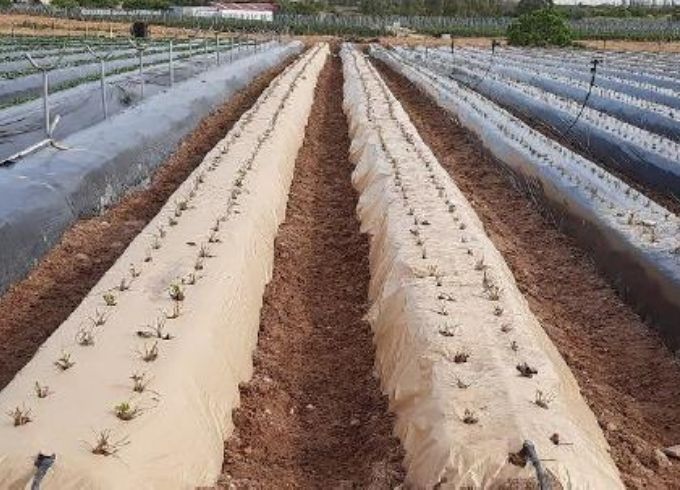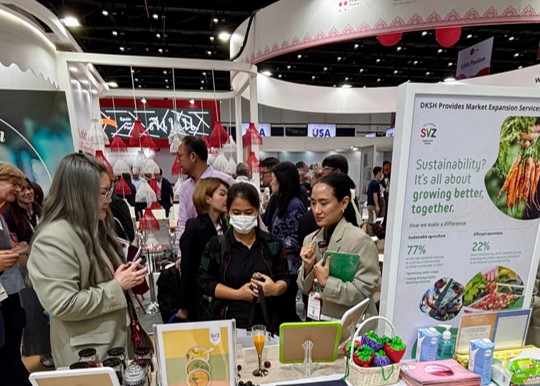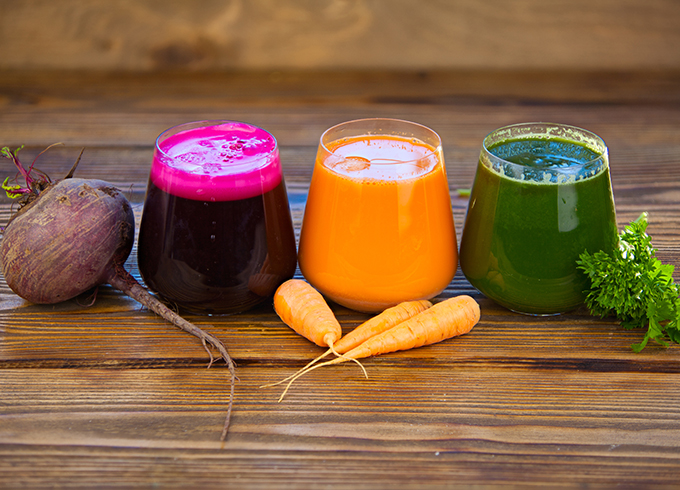A farmer’s perspective: The potential benefits of biodegradable mulching paper

For food and drink manufacturers globally, there is increasing pressure to embrace environmentally friendly, ethical practices at every stage of the supply chain – and that includes agricultural production. For farmers, however, implementing new sustainable processes can be complex and costly. That’s why SVZ and Danone have teamed up to proactively support farmers who are looking to embrace ‘greener’ farming practices.
In their latest R&D project, the two companies are working closely with strawberry farmers Carmelo Santana and Juan Carlos Cordero to test an innovative biodegradable alternative to traditional plastic mulch. If successful, this new mulching paper has the potential to considerably reduce the waste related to strawberry cultivation – not just in Spain, but worldwide.
The ‘mulch’ problem
But what exactly is mulch? Essentially, it’s a layer of material applied to the surface of an area of soil, designed to conserve moisture, improve the fertility and health of the soil, and control weed growth. Mulch reduces the need for pesticides, fertilisers and irrigation but, as soil mulching materials are traditionally made from plastic – most typically, polyethylene film – issues arise with regard to waste.
In Spain, plastic mulching is the primary technique employed to avoid the growing of multiple weeds. Over time, this has resulted in a significant increase of plastic waste surrounding Spanish strawberry fields. In previous years, this leftover plastic was exported to countries like China to be recycled, but demand for it has now reduced and alternative mulching methods need to be considered – especially as farmers now need to pay to dispose of the waste.
Testing techniques
To meet this need for a more environmentally friendly mulching alternative, SVZ and Danone are working closely with Carmelo and Juan Carlos to trial a 100% biodegradable mulching paper – which has been produced specifically for strawberry cultivation – on their farm, Agroecológica El Origen, in Lepe, Spain.
In total, two rows of paper mulching – each row measuring up to 30 metres and containing 214 strawberry plants – have been implemented on the farm. In one row, the mulching paper has impermeable biofilm on top, while the second row has the biofilm facing the soil. Every two weeks, these trial designs are visited and monitored by a specialist agronomist, Jesús Fierro, to measure climate data, the paper’s durability, plant and fruit quality and the number of beneficial microorganisms in the soil.
Making progress
Although the trial is a considerable undertaking for the two farmers, they both jumped at the chance to test the new mulch. ‘It’s a lot of hard work, but we like being part of this type of pioneering partnership,’ Juan Carlos says. ‘It allows us to work in a way that we like – by taking care of the soil and the environment, and not throwing rubbish into the soil.’
Nevertheless, the implementation and maintenance of the paper has been a learning curve for everyone. ‘The mulching paper breaks a lot more than plastic,’ reports Carmelo. ‘So it can be a challenge to keep it in a good condition for long periods of time – we’ve even invented small tools to help keep it on the soil.’
Biodegradable benefits
Both farmers are proud of the progress made so far. ‘Although we’re only halfway through, the expert’s preliminary forecast is that the paper mulch will significantly benefit the soil’s biodiversity more than the plastic version by the end of the project. The paper with the biofilm facing the soil is working especially well as the humidity generated is better for the plant – although we’re keeping an eye on it, as there is a possibility this moisture may ruin the paper. When summer arrives and the temperatures go up, the plastic version will overheat the soil and cause damage to the ecosystem, so it’s great to have an alternative.’
Indeed, expert analysis from Huelva University has also found that prolonged use of the paper not only improves the levels of biological control agents, but also improves the functional capacity of the soil to make both phosphorus and potassium available to the plant – nutrients crucial to maintain the plant’s health.
Wrapping up
‘There have undoubtedly been challenges,’ says Carmelo. ‘However, all the signs are promising, and we’re excited to see the results at the end of the project. At Agroecológica El Origen we’re focused on the future, and we’re aware that the time we’re investing in the project now will pay dividends for future strawberry crops and our community.’
With the food and beverage industry under increasing pressure to adopt more sustainable agricultural practices, these types of initiatives are more important than ever. If this test is a success, paper mulching can be rolled out across more farms – and what was once a small experiment on a field in Lepe could be a first step to real significant change across the industry.
Interested in getting involved in this type of sustainability initiative? Get in touch with the SVZ team today to find out more.


